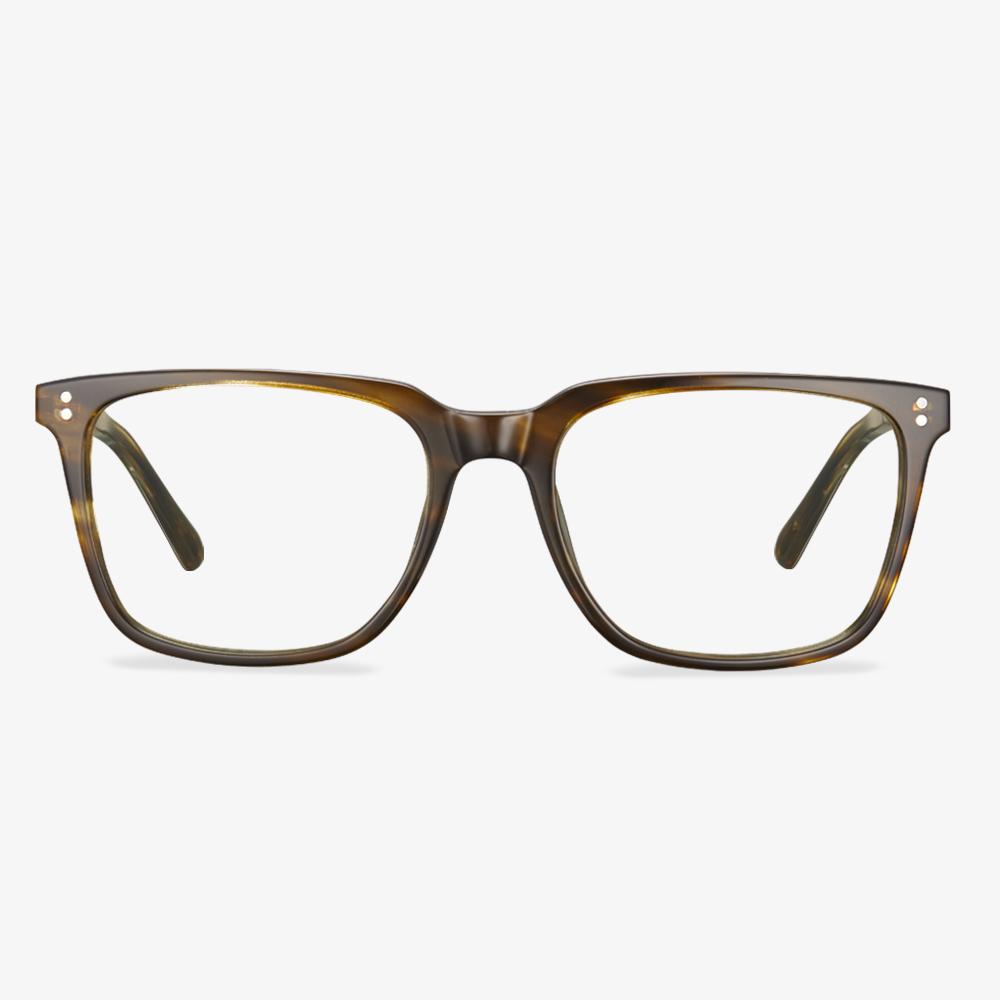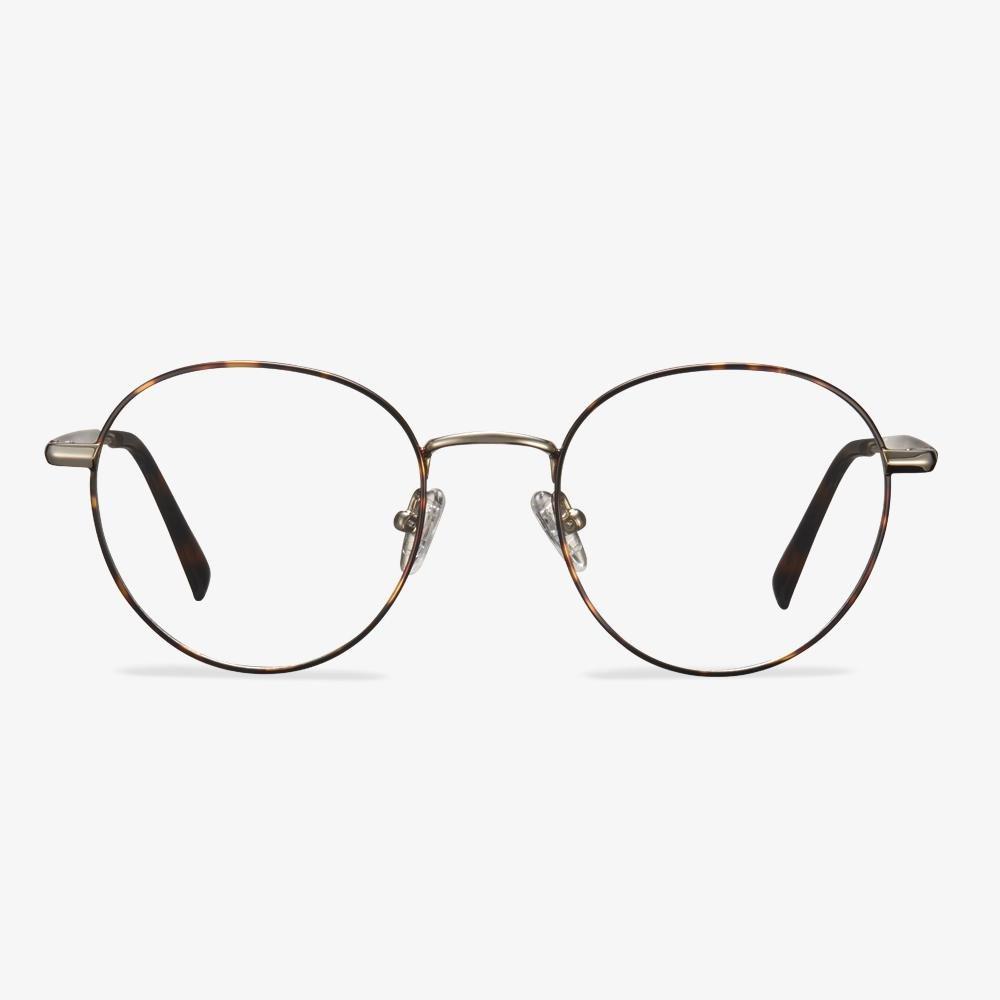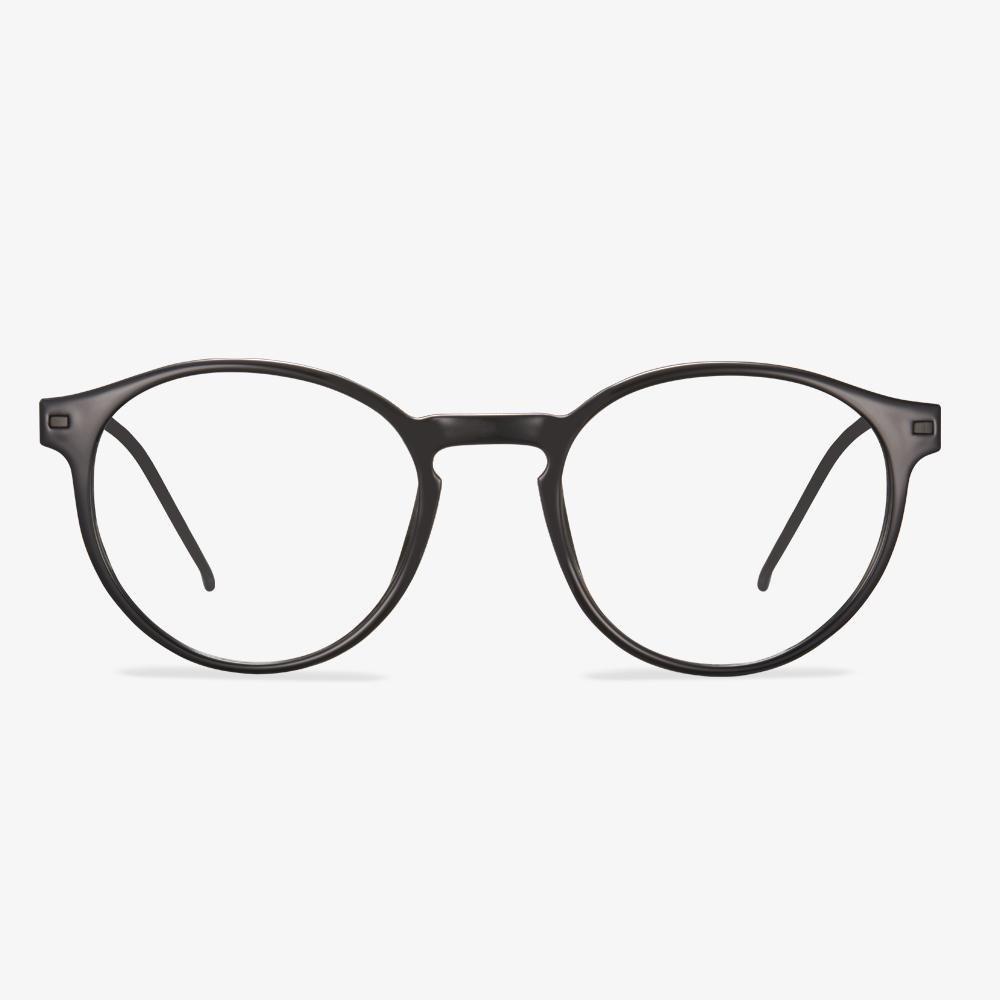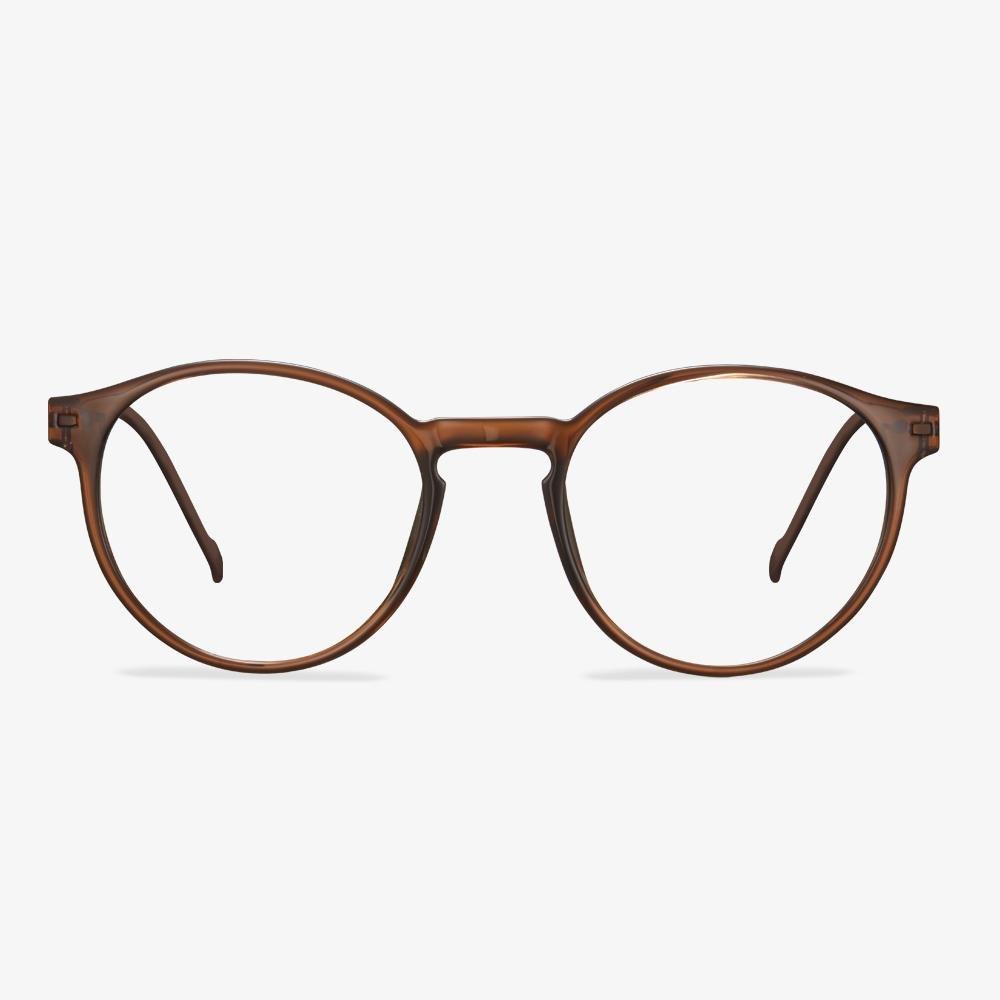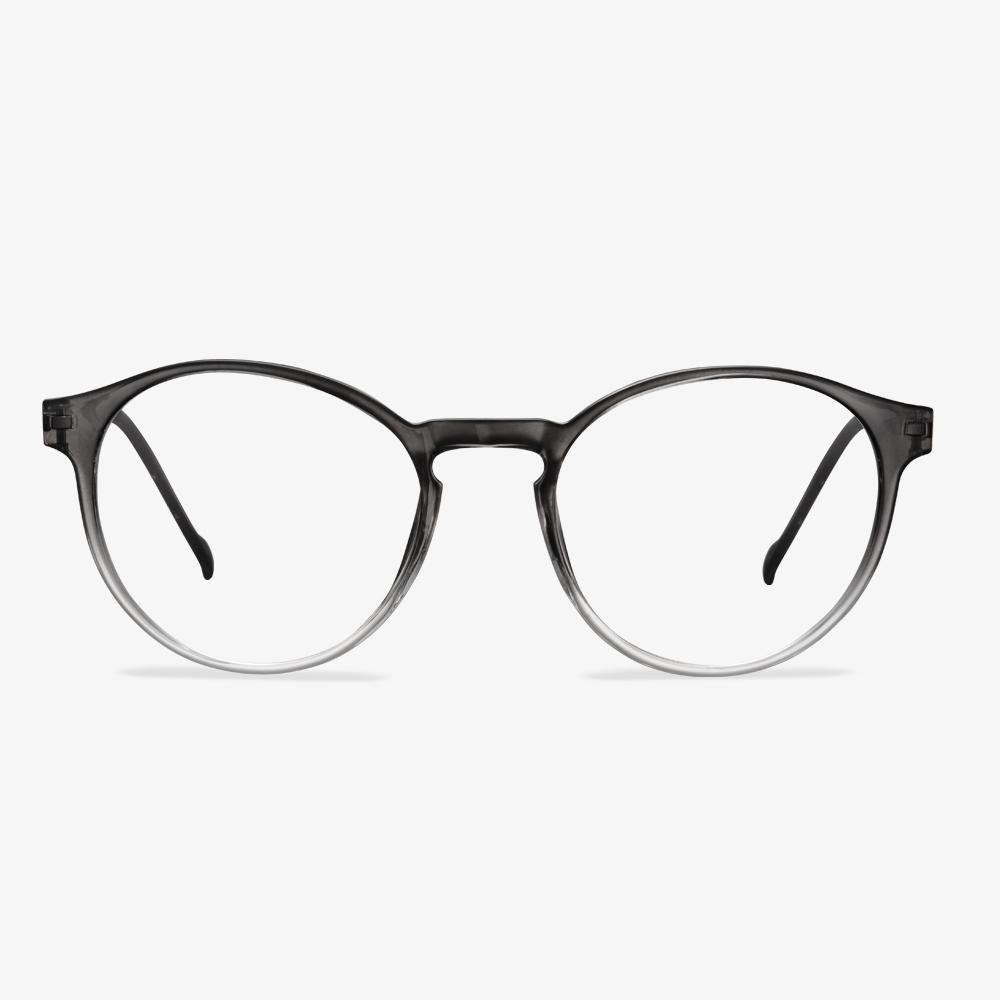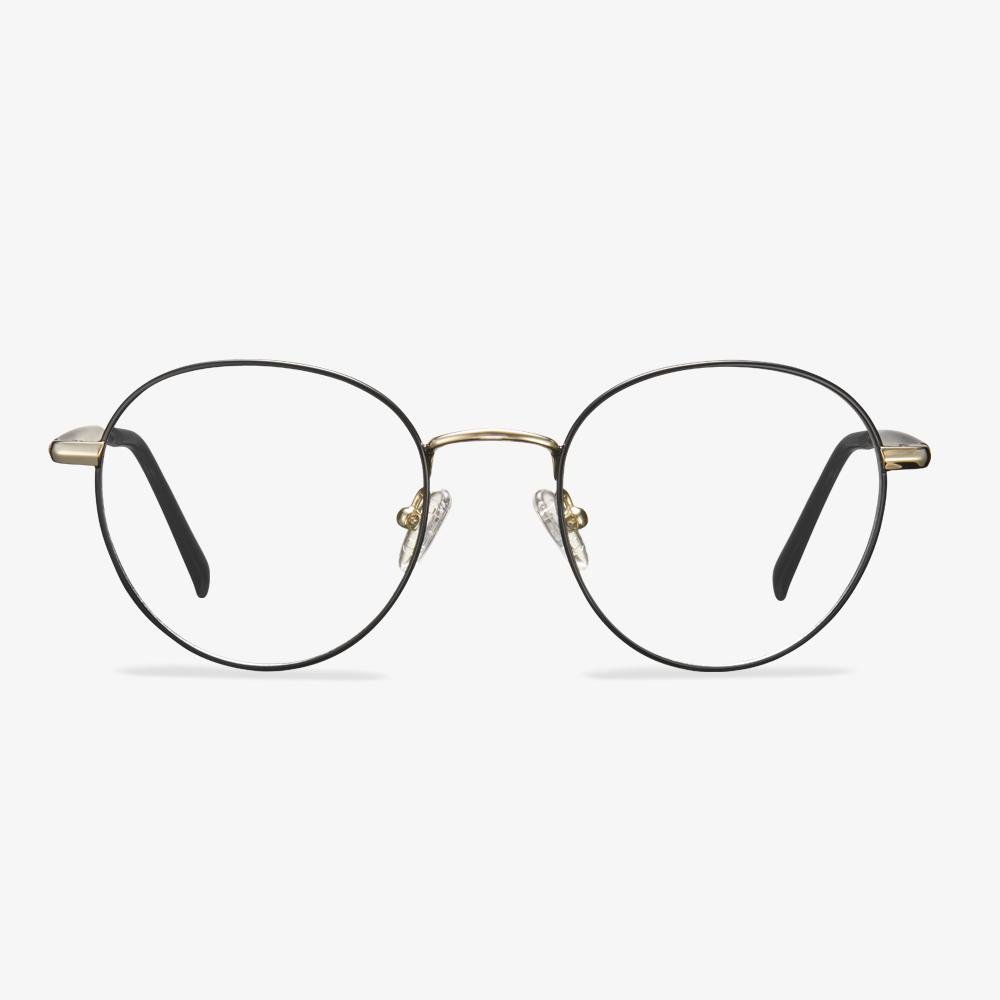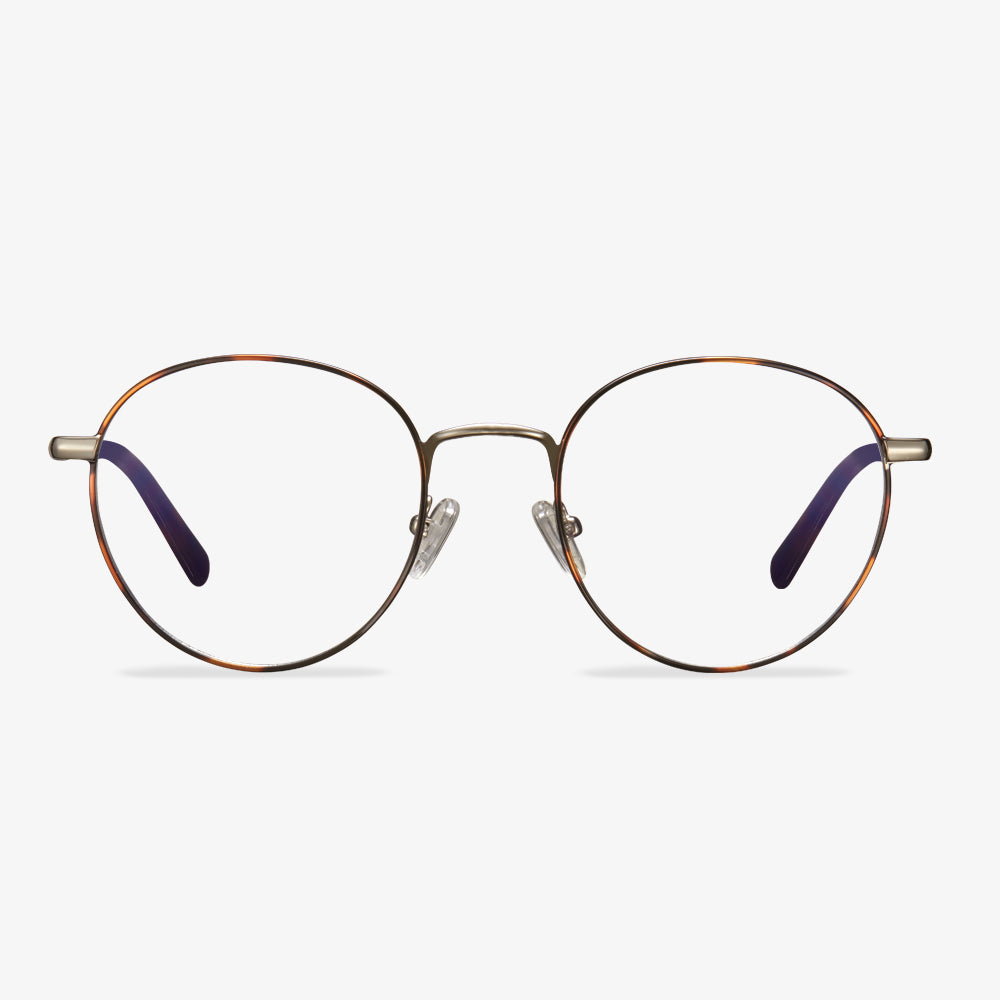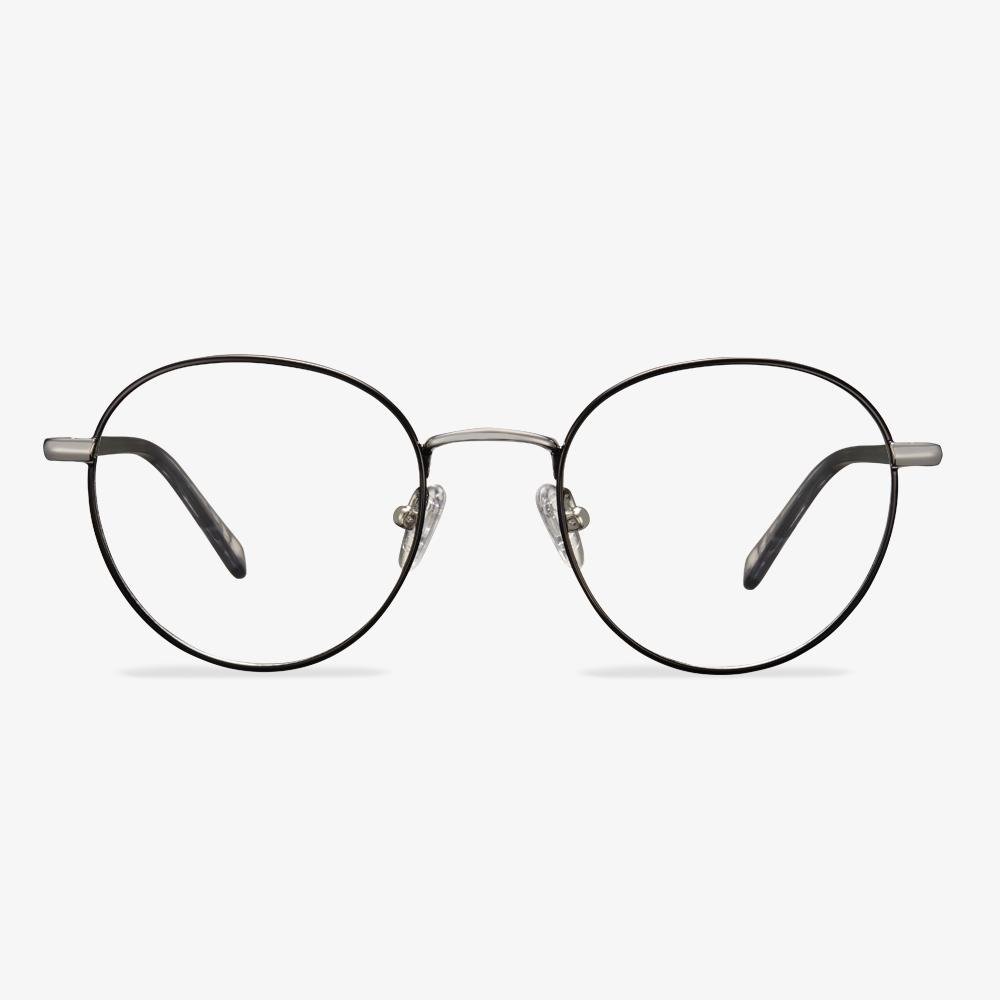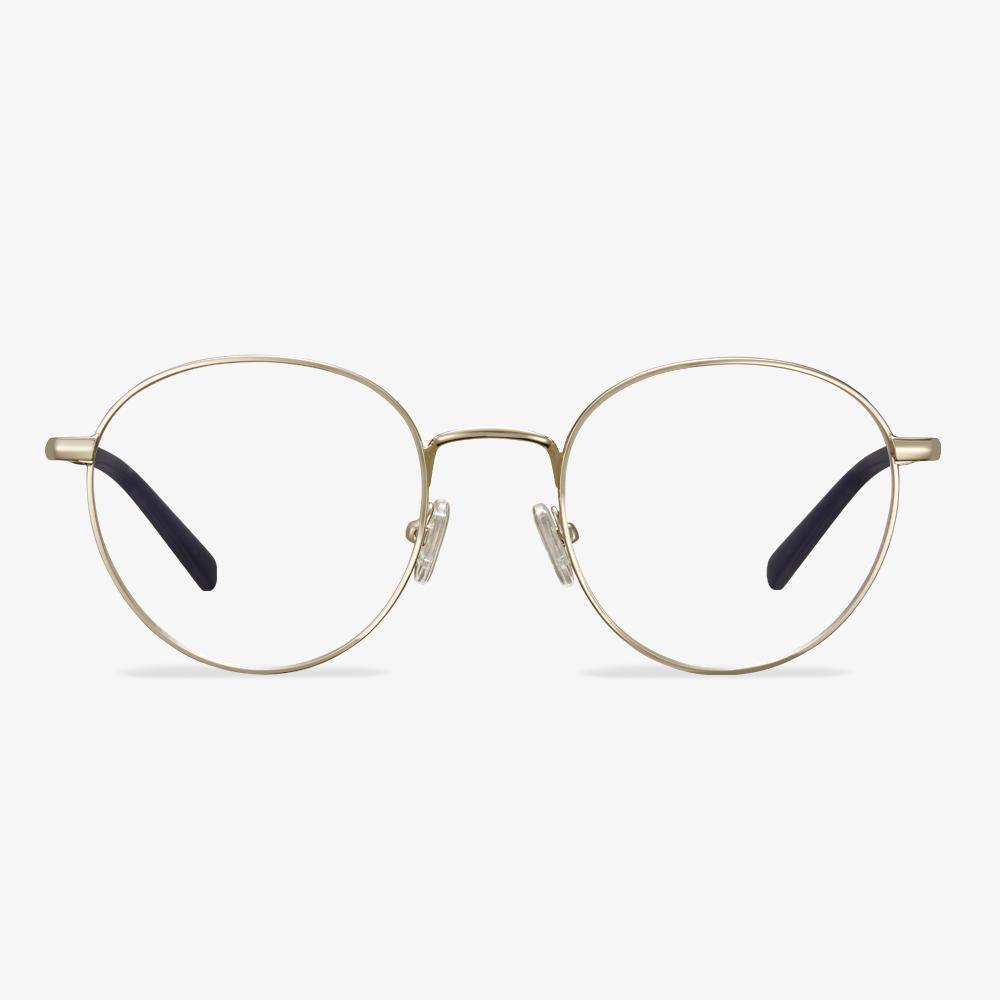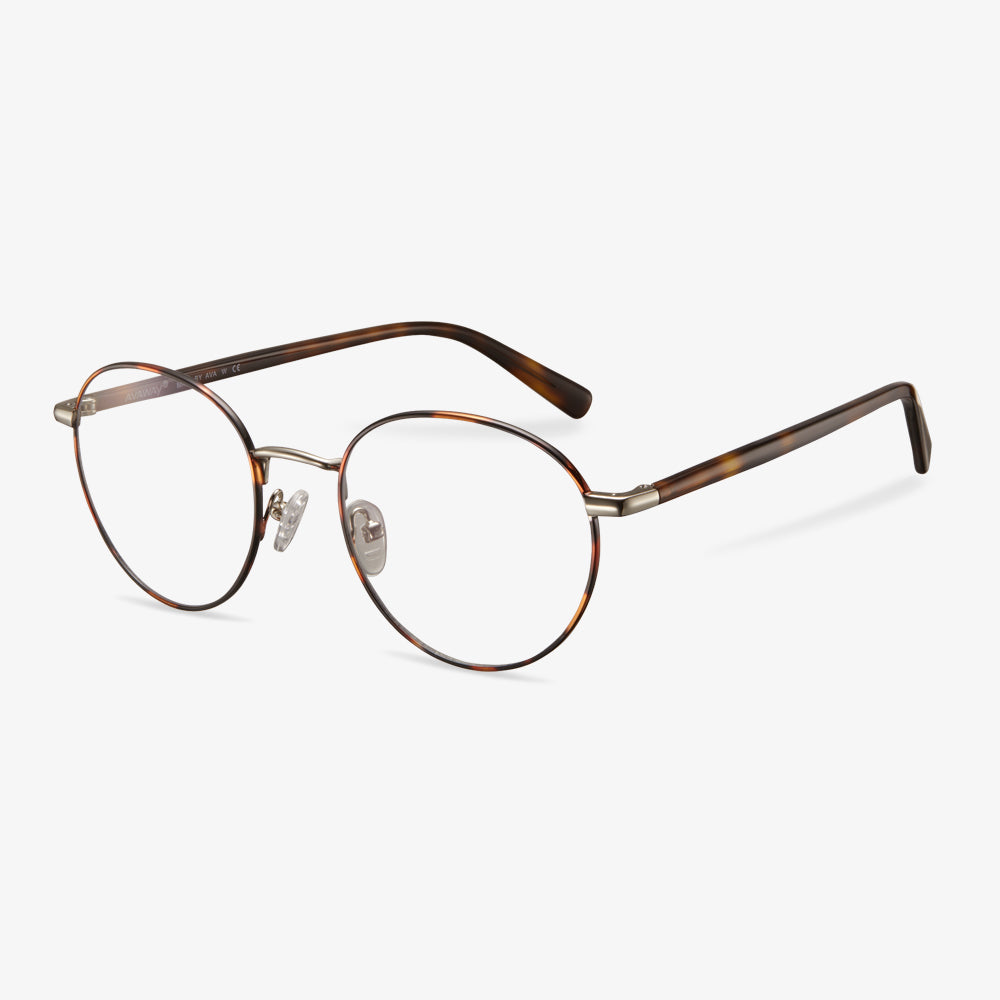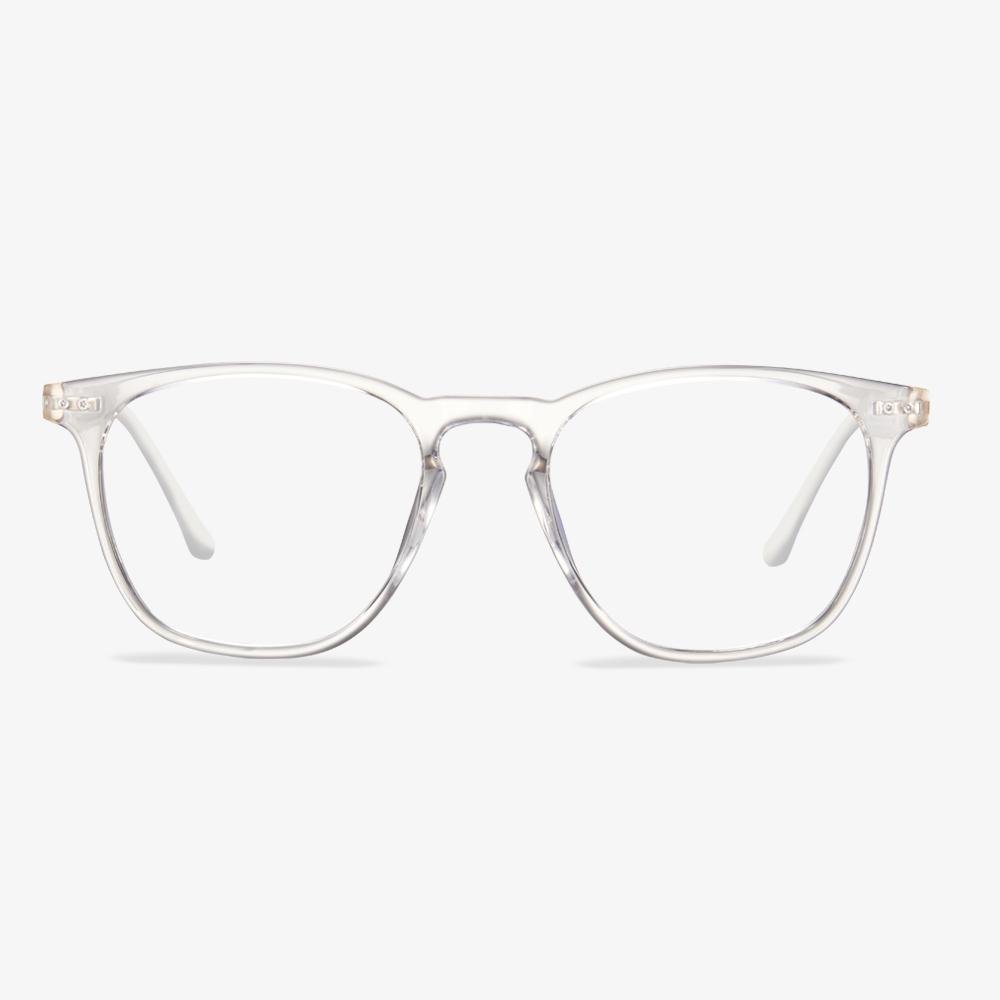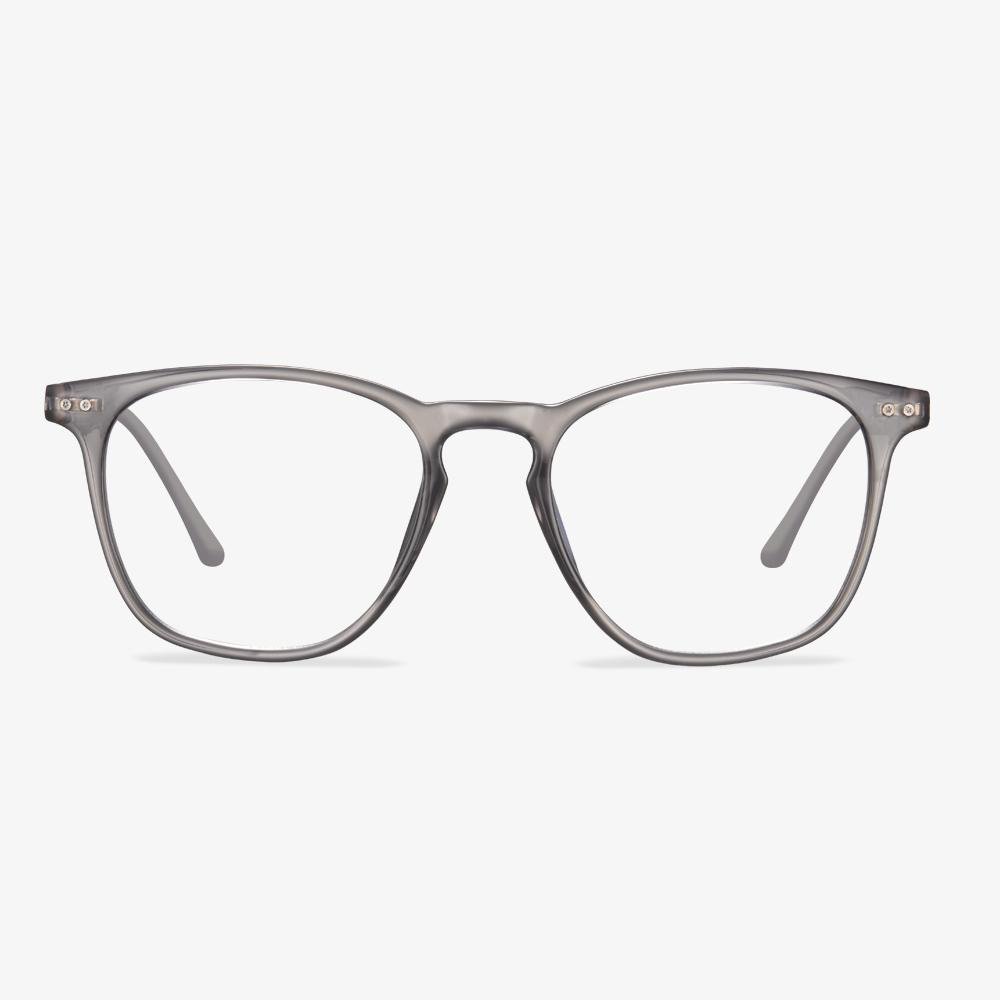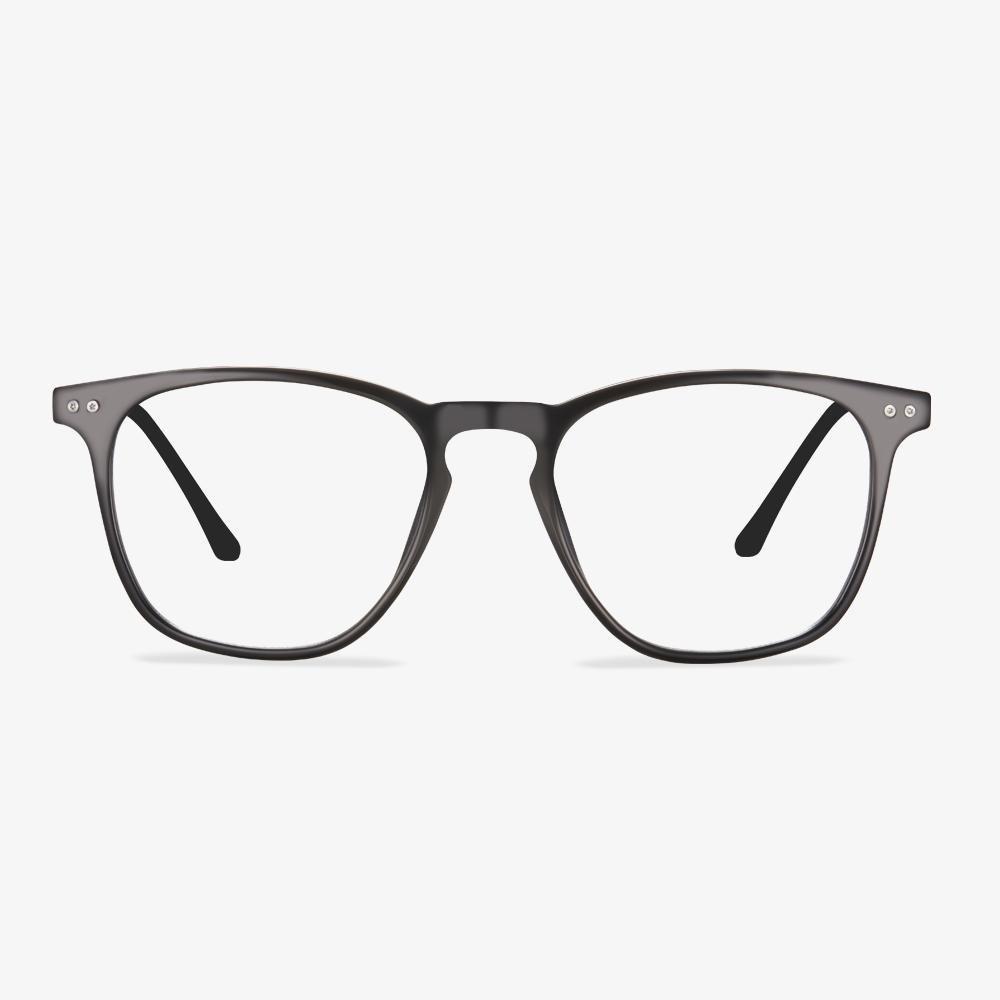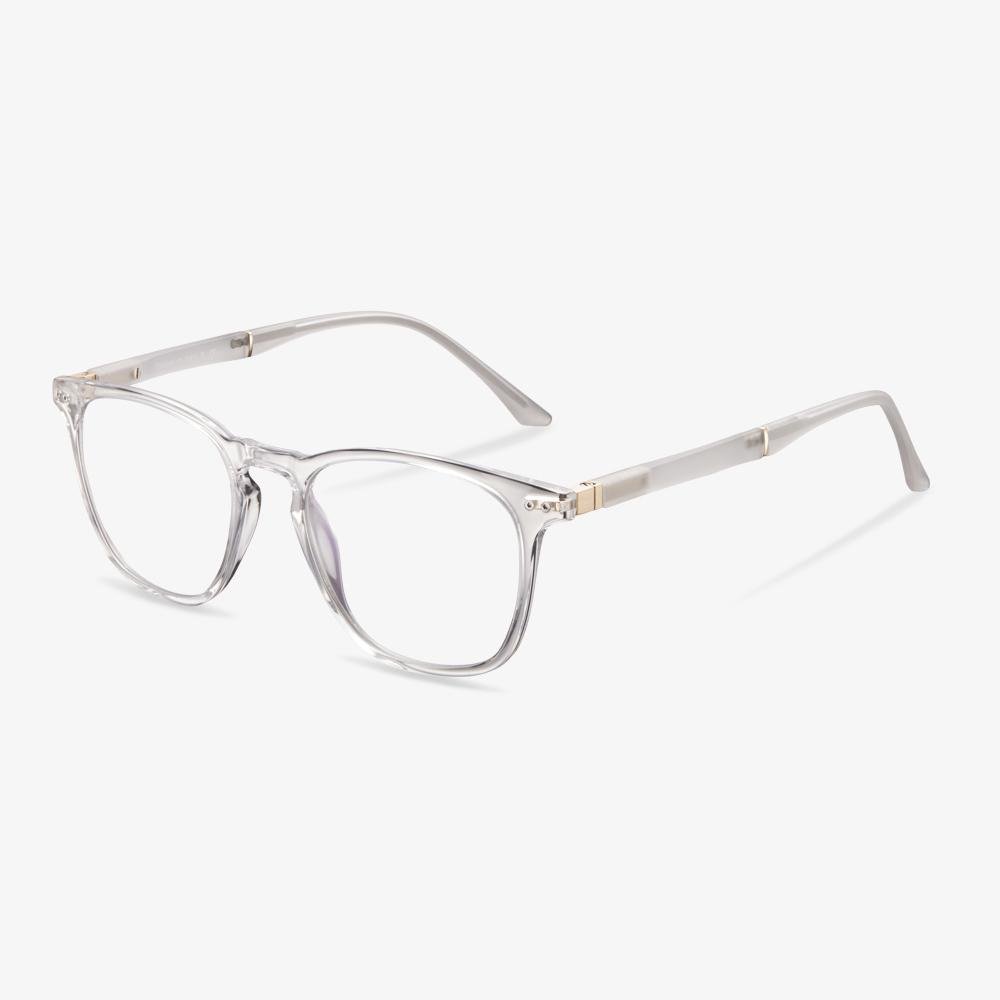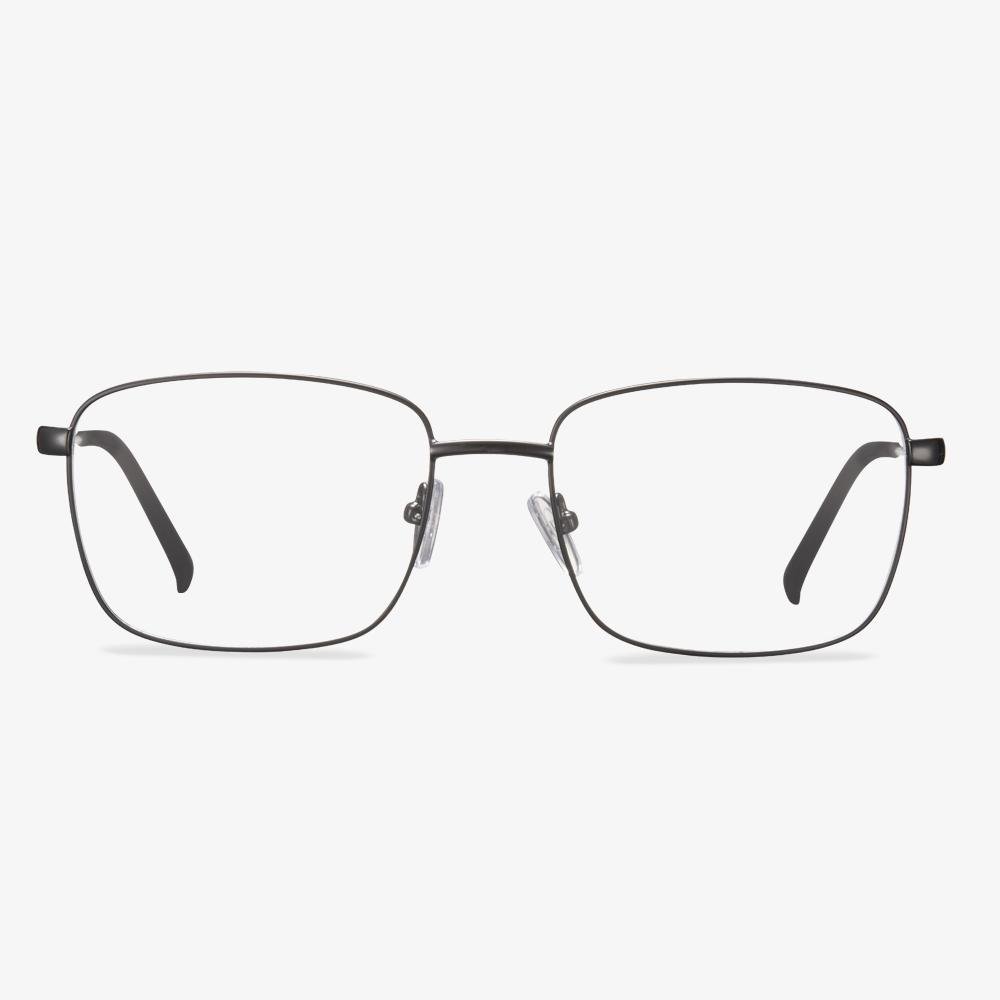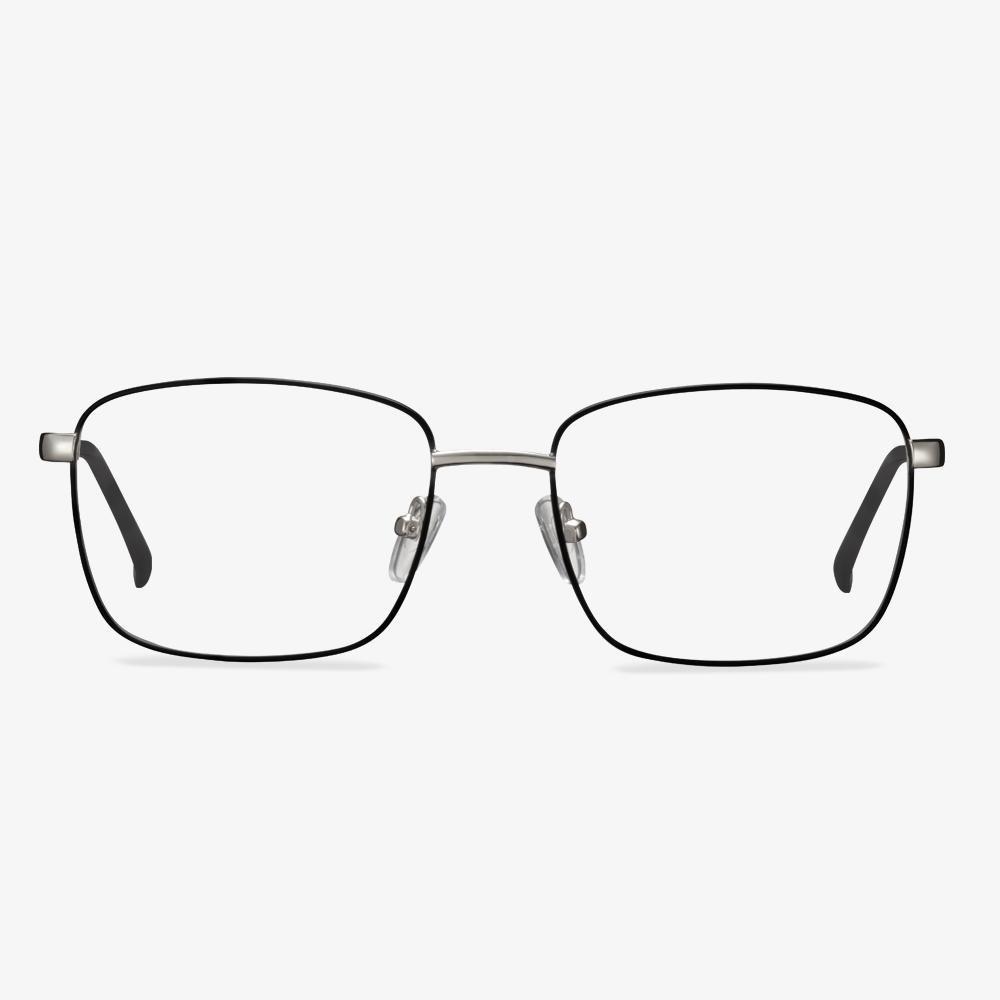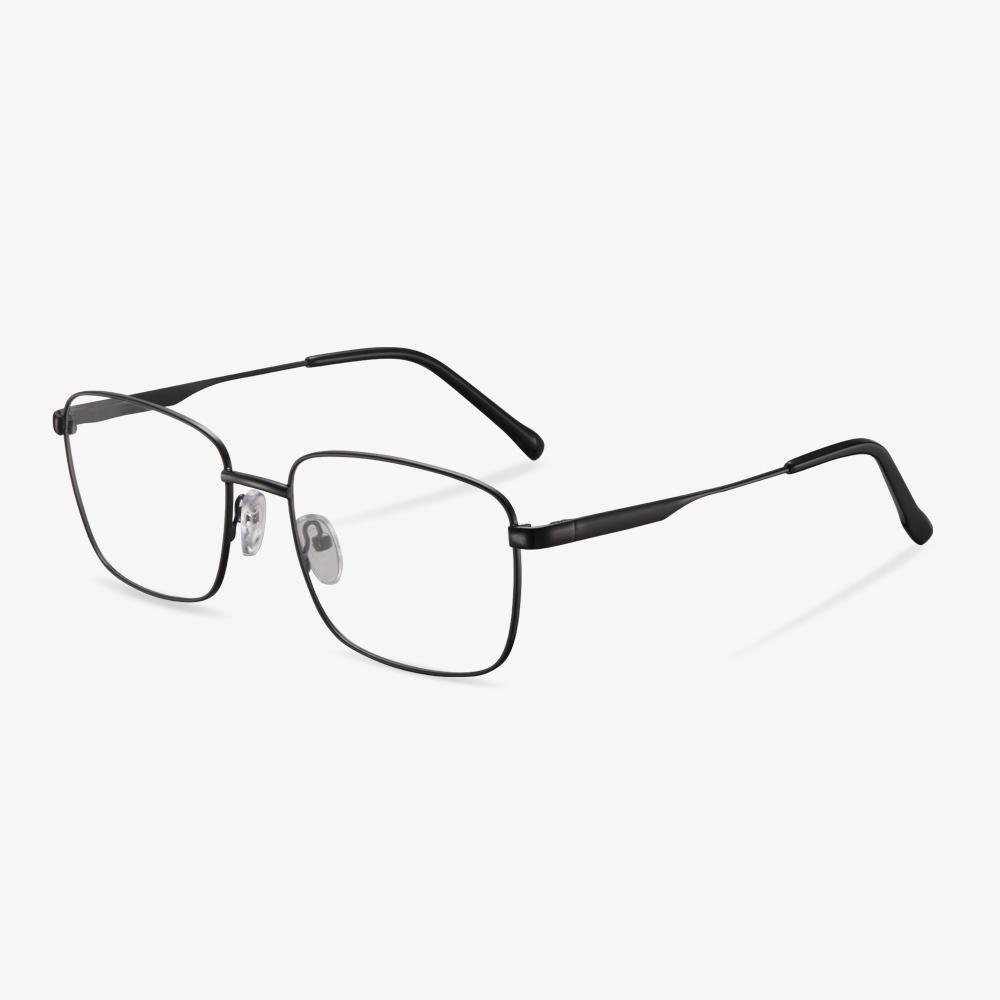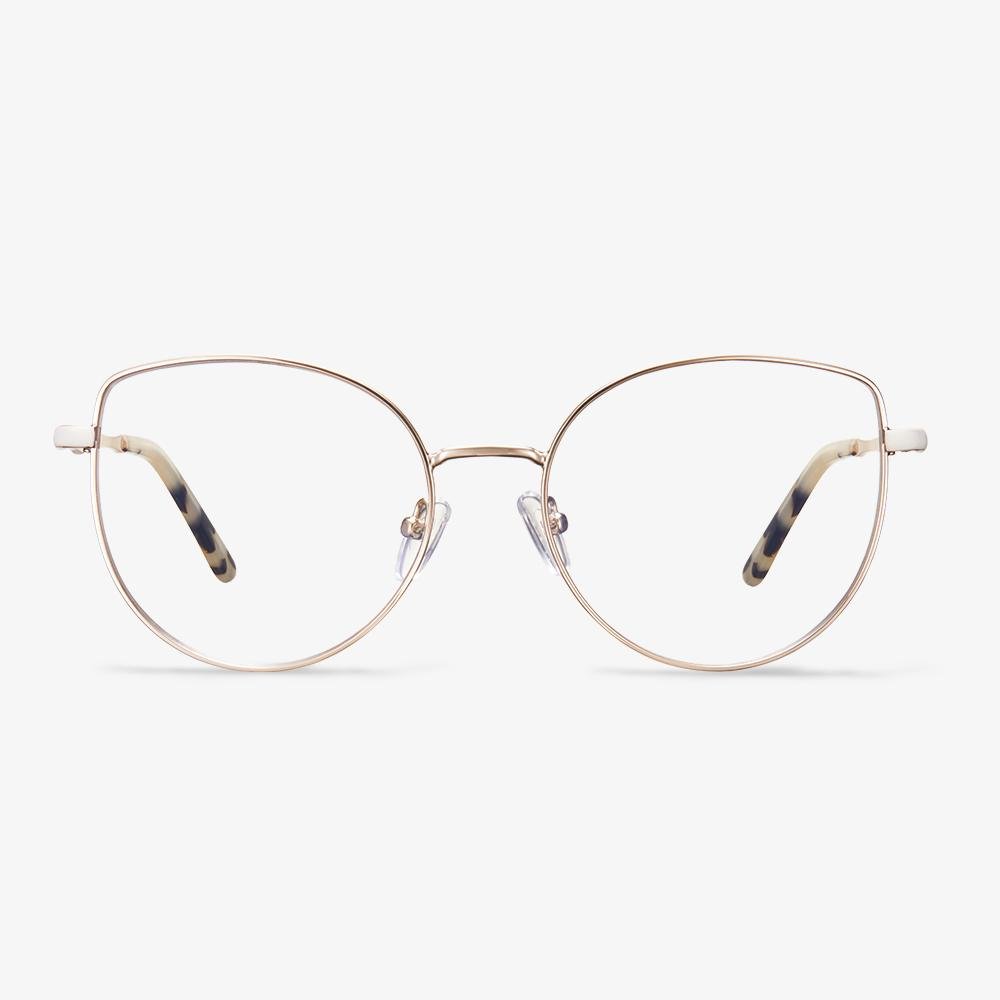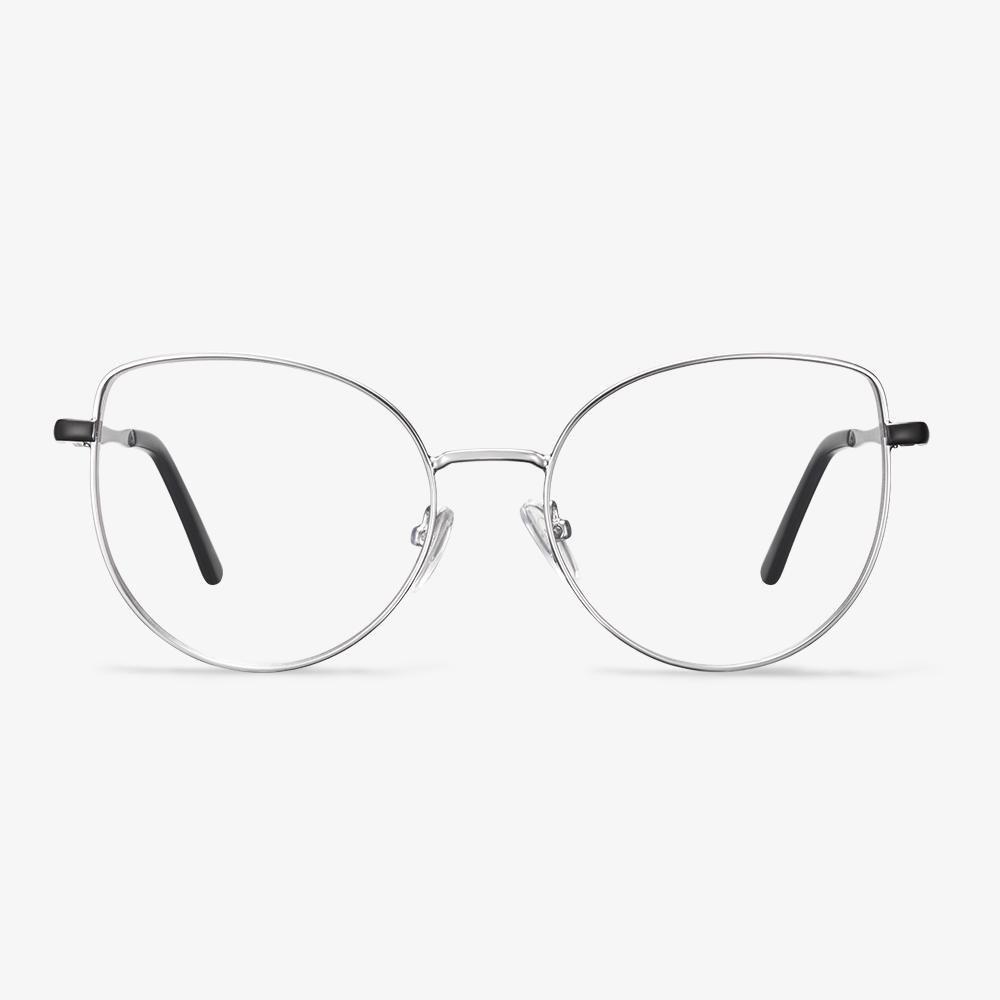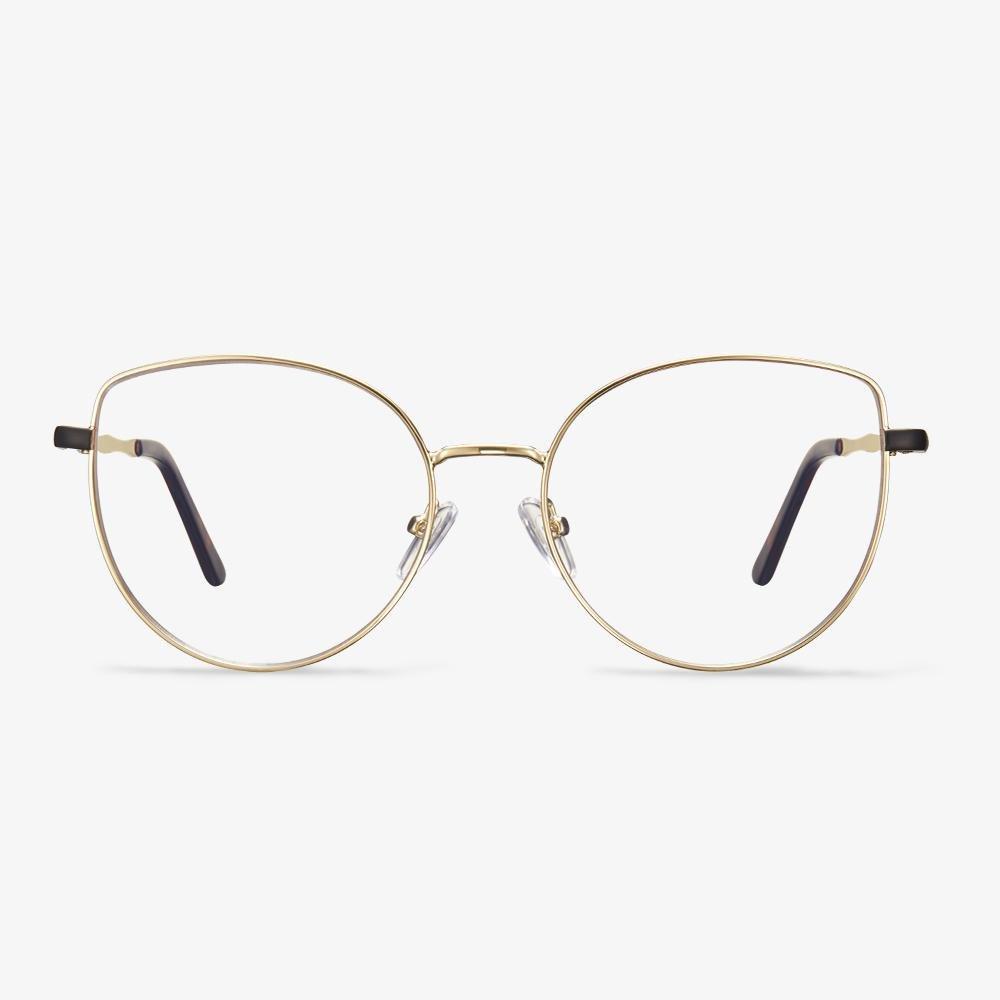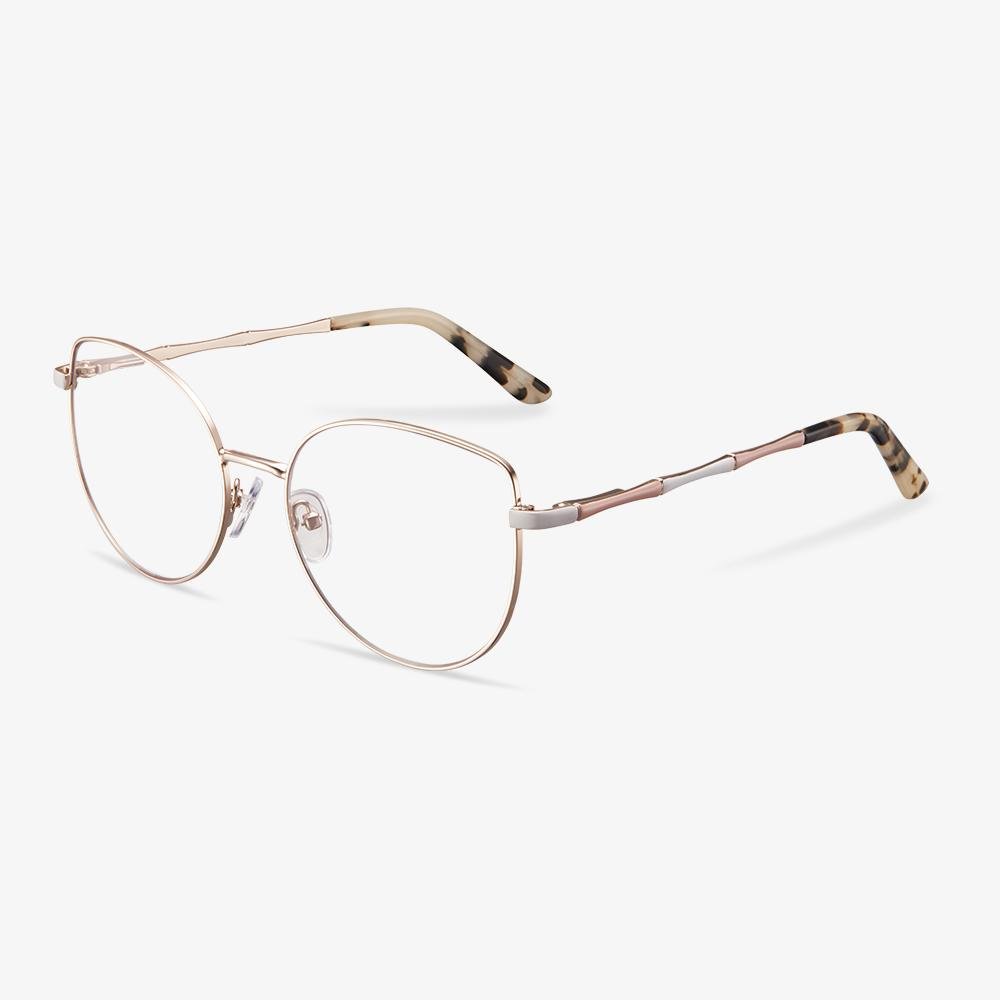If you are thinking about this question, congratulations, you are already an advanced player in the world of lenses. Functional lenses, as the name suggests, not only correct vision but also offer additional features. The most common ones we often hear about are blue light-blocking lenses and photochromic lenses. There are also other options like lenses for managing myopia in teenagers, driving lenses, and digital lenses, among others.
But what are functional lenses really like, and are they worth buying? Let's ask ourselves from the following three aspects:
Are you willing to spend 40 minutes or more on an eye examination?
Functional lenses require measuring more parameters, so most of them need to be customized. Therefore, for better results, precise eye examination is essential. In addition to precision, factors such as the condition of your eyes, previous glasses usage, and personal eye needs should be considered. For example, if you have undergone surgery, have a healthy retina, or if you are aged 35+, you may need digital lenses to reduce the strain of near vision. This requires a longer examination time - a standard eye exam plus a vision function test may take more than 40 minutes.
Are you willing to spend some time adapting to new glasses?
For instance, blue light-blocking glasses may have some color distortion, and photochromic lenses may change color slightly even in dim outdoor conditions. Newer designs, like intelligent lenses, may require some time for the eyes to adapt due to parameter optimization. Similarly, driving lenses have an anti-glare coating that introduces a slight base color, so it may take one or two days to adapt and get used to them.
Are you willing to increase your budget for additional functional benefits?
After defining the price range for high-definition single vision lenses, as the complexity of production and processing increases, there can be a significant difference in prices between various functional lenses. For example, the price change for blue light-blocking lenses is relatively small since it only requires a coating change. On the other hand, digital lenses, designed for multiple viewing distances, are more complex to produce than single vision lenses, resulting in a higher price. If additional technologies such as intelligent dynamic optics or pupil light sensitivity balance are added, the price increases further. Within your budget range, it is not recommended to blindly pursue functionality while neglecting the basics.
If the answers to the above questions are all positive, then the next step is to decide what to choose. If you opt for single vision lenses, you only need to consider whether you need blue light-blocking or photochromic features, using the same method as mentioned earlier. If you choose driving or digital lenses, you need to assess your visual needs:
Digital lenses: If your eyes easily fatigue after prolonged near vision tasks or experience focusing delays, digital lenses can be considered to reduce eye strain during near vision tasks. Moreover, struggling with focusing is a sign of presbyopia, so starting with digital lenses will make the transition to progressive lenses easier in the future.
Driving lenses: Suitable for frequent drivers who want to improve visual comfort while driving, enhance visibility at night or in rainy conditions, and reduce the discomfort caused by glare. Additionally, driving lenses can be worn throughout the day and in various settings, not limited to driving only.















